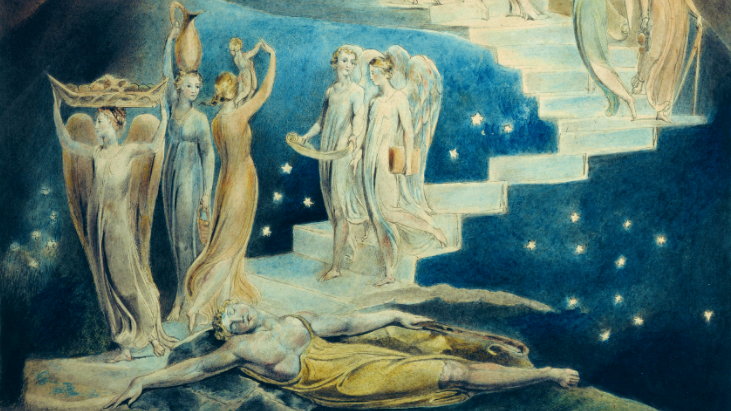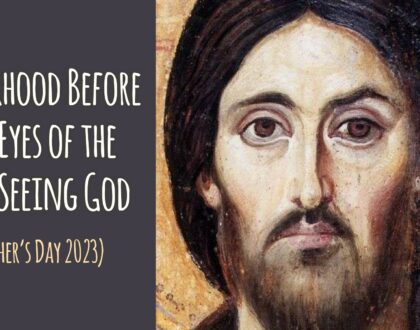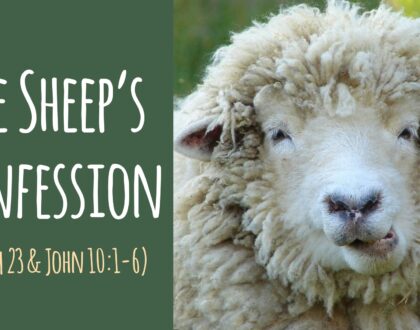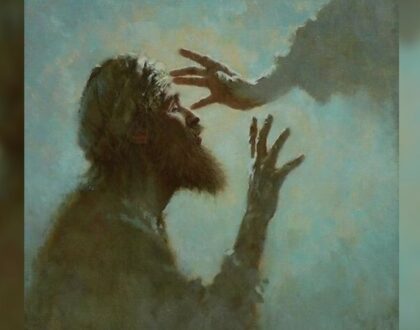The Long Road Back to Bethel

by Pastor Gene
Questions to Consider for the
Morning of the Church Picnic
- Think about this: what are some of the most terrifying verses in the Bible? Which do you think is the MOST terrifying?
- In Matthew 7:21-23, Jesus says, “Not everyone who says to me, ‘Lord, Lord,’ will enter the kingdom of heaven, but the one who does the will of my Father who is in heaven. On that day many will say to me, ‘Lord, Lord, did we not prophesy in your name, and cast out demons in your name, and do many mighty works in your name?’ And then will I declare to them, ‘I never knew you; depart from me, you workers of lawlessness.’” What is Jesus teaching here? Who is He talking about? Work through this entire passage and create a list of all the points Jesus is making.
- Do you see any correspondence between this passage (Matthew 7:21-23) and 7:13-14? What specifically? Any matching words?
- What happened to Jacob at Luz in Genesis 28:10-22? What was the meaning of his dream? Why did He change the name of that place from Luz to Bethel (28:19)?
- What’s the meaning of the story of Jacob wrestling with “a man” in Genesis 32:24-32? What happened there? Why does Jacob receive a new name? Why is he left crippled? What great thing did he become aware of in that fight? Have you ever fought against God? How’d you do? At what point did you, like Jacob, go from fighting to just simply holding on?
- Why do you think, after his reconciliation with his estranged brother Esau, God instructed Jacob to, “Arise, go up to Bethel and dwell there. Make an altar there to the God who appeared to you when you fled from your brother Esau” (Genesis 35:1)?
- What’s the significance of ‘going back to Bethel’ for believers?
- “So, Jacob said to his household and to all who were with him, ‘Put away the foreign gods that are among you and purify yourselves and change your garments. Then let us arise and go up to Bethel, so that I may make there an altar to the God who answers me in the day of my distress and has been with me wherever I have gone’” (35:2-3). What can we learn from this passage? What must we do before returning to ‘our’ Bethel?
Recommended Posts

Reflection Questions: Fatherhood Before the Eyes of the All-Seeing God (Father’s Day 2024)
June 16, 2024


